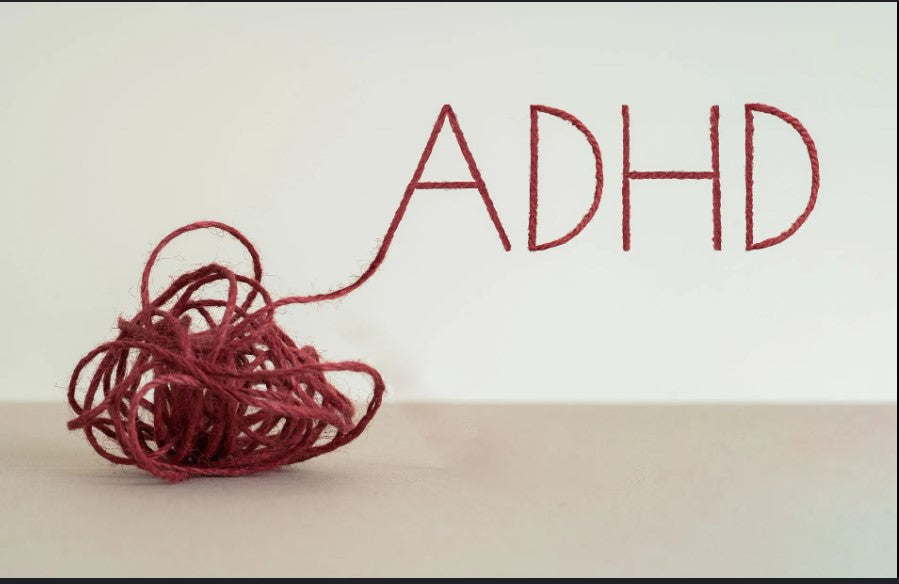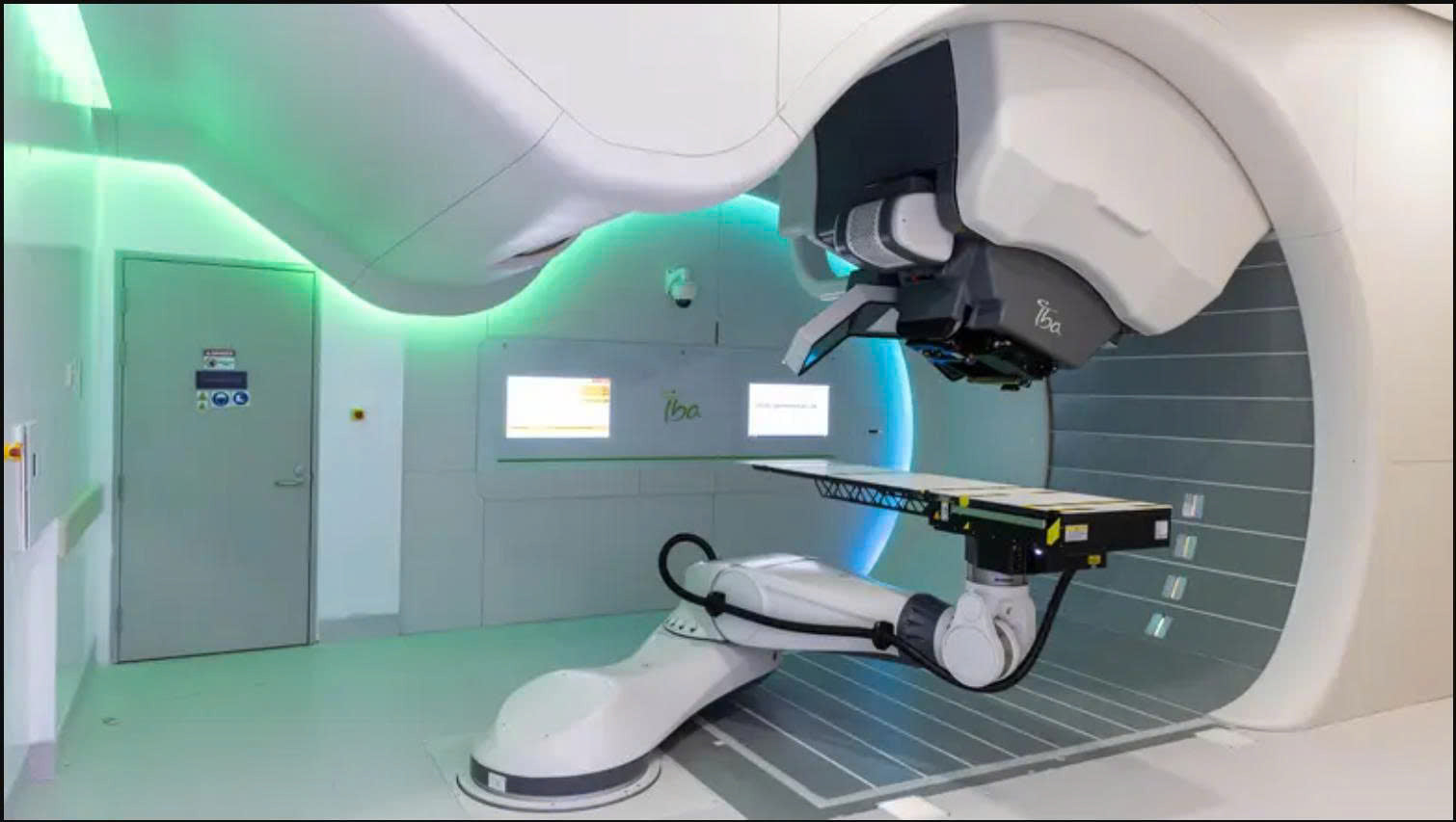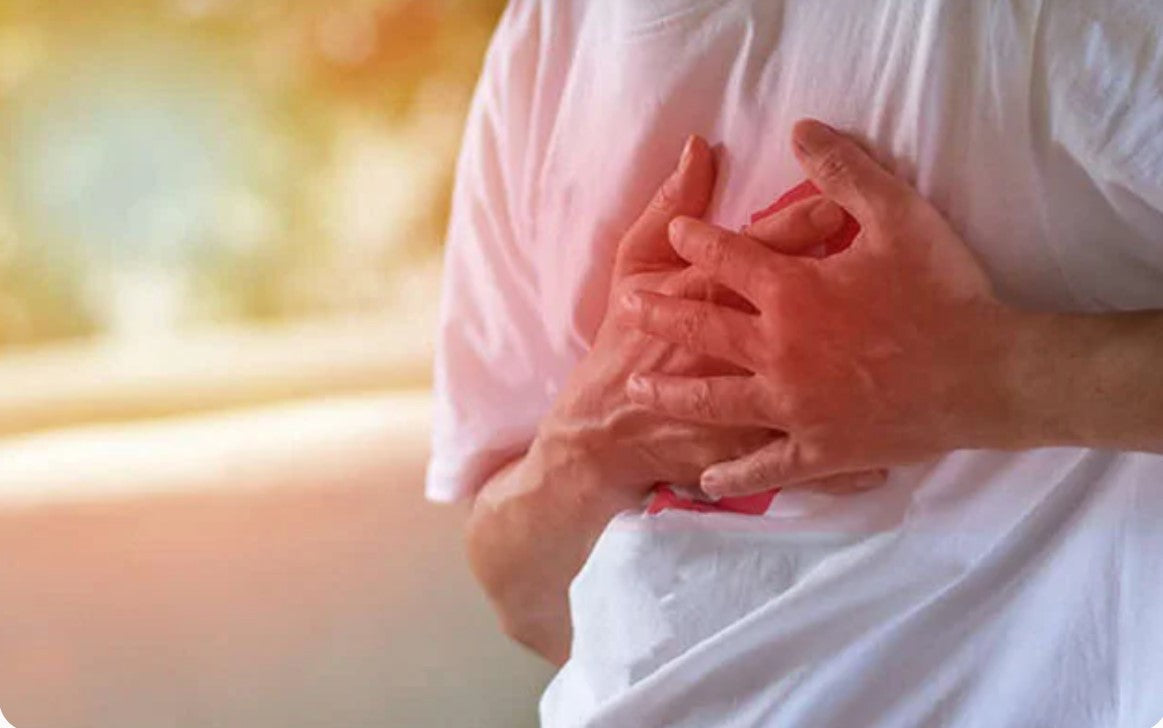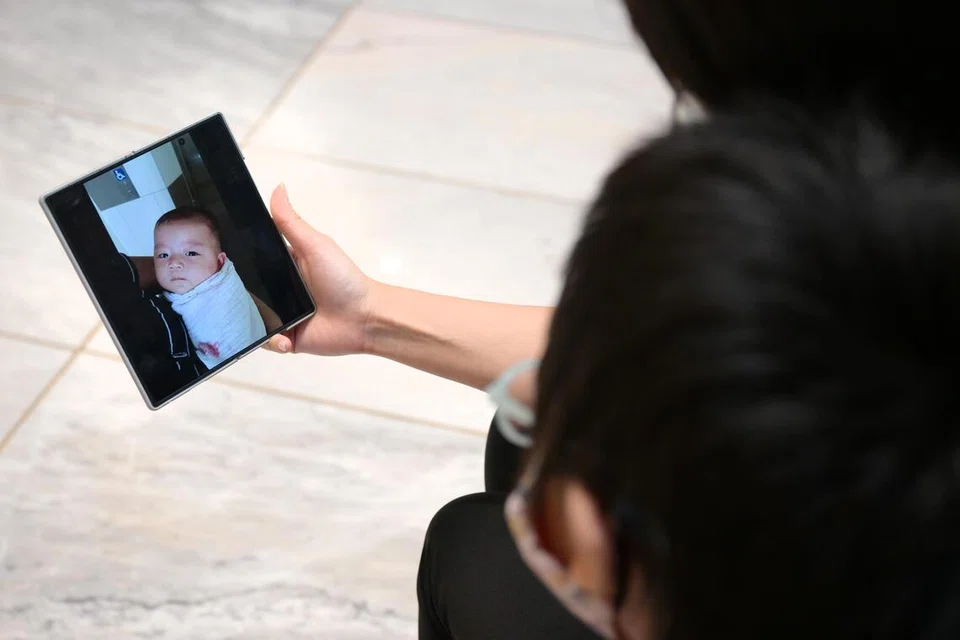Attention deficit hyperactivity disorder (ADHD)

What is ADHD?
ADHD is a neurological disorder that affects a child's behavior or development. Children with ADHD often show the following signs before they turn 7 years old:
- Distracted
- Hyperactivity
- Impulsive
Many children with ADHD cannot explain why they feel out of control or very lonely. The condition is more common in boys than girls.
Types of ADHD
There are three types of ADHD:
- Mainly distraction, children can hardly concentrate
- Primarily hyperactive or impulsive, Children's behavior tends to be hyperactive or impulsive.
- In combination , children may exhibit a combination of symptoms of inattention and hyperactivity or impulsivity.
What are the symptoms of ADHD?
Children with ADHD tend to face the following difficulties due to difficulty concentrating or regulating their hyperactive or impulsive behavior:
-
Study
- Learning difficulties
- Not doing well at school
-
Awareness
- Poor problem solving skills
- Unable to understand the consequences of wrongdoing
- Talking to oneself in a very childish (age-related) way
-
Feeling
- Depression
- Unable to control emotions
- Unpredictable mood
-
Society
- Rampant
- Unable to make friends
- Unable to follow instructions
- Lying, stealing and high-risk tendencies
- Lack of self-control
- Poor social skills
What causes ADHD?
Researchers are still trying to figure out exactly what causes ADHD. However, a set of factors have been found to be linked to ADHD. These factors include:
- Head injury
- Brain infection
- Lead poisoning
- The mother takes medicine while pregnant
- Family history of ADHD
- High blood pressure and infection during pregnancy
- Neurological imbalance in the brain , affecting areas that control the ability to concentrate, plan, and organize
What are the risk factors for ADHD?
Risk factors for ADHD may include:
- Epileptic
- Premature birth (before the 37th week of pregnancy)
- Exposure to environmental toxins , such as lead
- Family history of ADHD or other mental health disorder
- Brain injury , either in the womb or after severe head trauma after birth
What are the complications and associated diseases of ADHD?
Children with ADHD are prone to the following difficulties:
- Having low self-esteem
- Accident-prone and more vulnerable than their peers
- Socially awkward and difficult to be accepted by adults and peers
- Fall behind in class, can lead to poor academic performance and being undervalued by other children and adults
Children with ADHD are also more likely than other children to have the following conditions:
- Epileptic
- Depression
- Dyslexia and other learning difficulties
- Anxiety disorders , which often make your child feel worried and stressed
- Autism spectrum disorder , which affects how your child perceives and communicates with others
- Conduct disorder , which causes antisocial behavior such as stealing, fighting, vandalism, and harming people or animals
- Tourette syndrome , which is when your child involuntarily makes unwanted noises and repetitive movements
- Sleep problems , such as difficulty falling asleep or irregular sleep cycles
- Substance use disorders, including drugs, alcohol and smoking
- Mood disorders such as bipolar disorder
- Oppositional defiant disorder
How to prevent ADHD?
Researchers have not yet found a way to prevent ADHD. However, you can reduce your child's risk of ADHD by:
- Avoid alcohol, drugs and tobacco during pregnancy
- Limit children's exposure to pollutants and toxins
Early detection and intervention can help reduce the severity of your child's symptoms and support healthy growth and development.
How is ADHD diagnosed?
If you suspect your child (preschooler or younger) has ADHD, you should arrange for a specialist evaluation such as a psychologist, psychiatrist, speech pathologist, or developmental pediatrician.
There is no specific test for ADHD. Diagnosis may include:
- Physical exam , to rule out other possible causes of symptoms
- Confirm if there is a family history have ADHD or other mental health disorders
-
Discuss the following issues:
- When symptoms first appeared
- Location of occurrence
- The impact of symptoms on your child's and your family's daily life
- Are there any major events happening in your family, such as a death or divorce?
How is ADHD treated?
Treatment for ADHD usually focuses on reducing symptoms and helping your child cope with everyday life. Treatment does not attempt to cure the condition.
ADHD can be treated with medication or therapy, but a combination of both is best. Making changes to your child's diet and nutrition can also help reduce ADHD symptoms.
Medicines
There are five types of antipsychotic medications that can be used to treat ADHD:
- Atomoxetine
- Dexamfetamine
- Guanfacine
- Lisdexamfetamine
- Methylphenidate
These medications balance brain chemicals and stimulate the brain to help with concentration. The goal is to help your child:
- Feel calmer
- Less impulsive
- Better concentration
- Learn and practice new skills
Therapy
Therapy can be helpful in treating ADHD and co-existing conditions, such as anxiety disorders or depression. Recommended therapies include:
- Psychological education, You or your child can discuss ADHD and its effects. This can help your child understand the condition better, which can have a positive impact on how he or she copes with it.
- Behavioral therapy, Use rewards to encourage your child to control his or her ADHD.
- Cognitive behavioral therapy (CBT), to change the way your child thinks and behaves.
-
Parent training and education programs, Guide for parents and caregivers:
- How to talk specifically and effectively with children with ADHD.
- Games can help improve children's attention and behavior.
-
Social skills training , in which role-play situations are used to:
- Teach children how to behave in communication situations.
- Help your child understand how his or her behavior affects others.
-------------------------------------------------------------------------------------------
👉 Contact SunCare for medical support and advice as well as professional private jet transportation services 🇸🇬 SUNCARE PTE. LTD SINGAPORE
🏠 Add: 10 Anson Road, #10-11 International Plaza, Singapore 079903
☎️ Hotline: +65 96727717 (Dr. Lien Minh - Director) Zalo, Viber
📨 Email: suncarehealth@gmail.com





